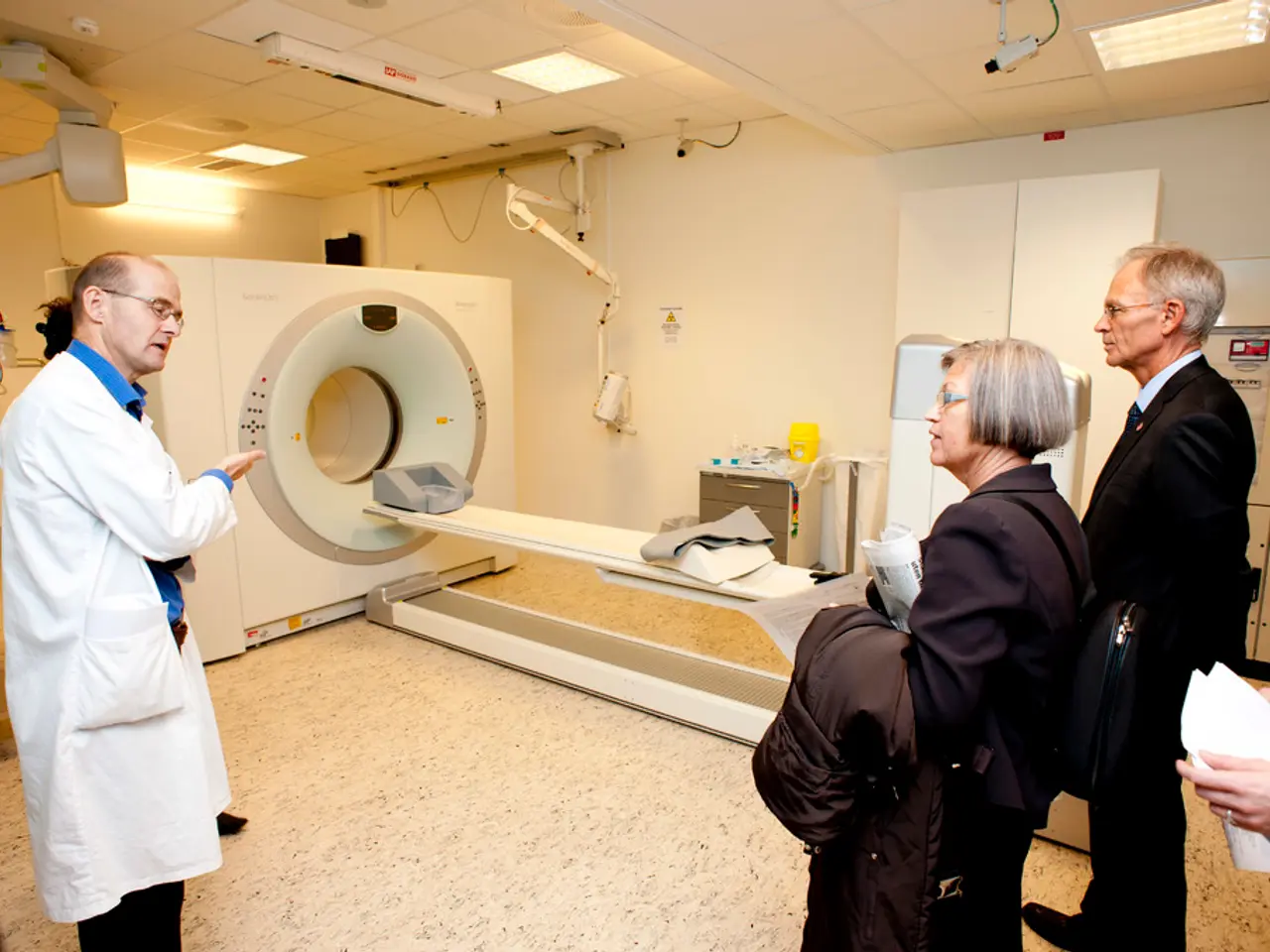Navigating Delicate Health Matters: Strategies for Open Dialogue with Your Medical Professional
In today's world, discussing sensitive health topics with a doctor can sometimes feel daunting, but it doesn't have to be. Here are some practical tips to help you prepare and feel more at ease during these conversations.
Firstly, writing down your questions or concerns beforehand can help ease anxiety during a consultation. Dr Leyland, Clinical Advisor at myGP, suggests jotting down notes or using a phone as a reminder during a consultation. This way, you can ensure you cover everything important without forgetting due to nervousness.
Being honest about your feelings and symptoms is crucial. It allows healthcare providers to tailor care appropriately. If you find it hard to speak openly, tell the doctor this or ask for alternative ways to communicate, such as writing.
Arranging a virtual appointment can also make discussing personal topics easier. The screen can feel safer and more private. For virtual visits, prepare your space with privacy, test your camera, and have any needed materials nearby. Some doctors send preparatory questionnaires or prompts to help patients ease into difficult conversations, such as trauma or sexual health. During the visit, the doctor may use open-ended questions and proceed at your pace, allowing you to feel more in control and reducing shame.
Additional tips include asking the doctor for permission to discuss sensitive subjects, using clear and simple language, and confirming your understanding. If you are not satisfied with how your concerns are addressed, give feedback or consider another provider who makes you feel more supported.
Discussing specific health concerns with a doctor is part of their job. Viewing your doctor as an ally can help you feel safer in discussing health issues. If you still feel too anxious or embarrassed, you can hand your notes to your doctor. Having someone you trust present during a consultation can offer you extra confidence and support. If discussing a sensitive condition, you may find it helpful to bring a trusted person with you to the clinic.
Doctors have extensive experience in treating various conditions, including those considered "awkward" or sensitive. They are unbiased and unjudgmental, and this mentality is ingrained in them. If necessary, your doctor can accommodate a virtual appointment for your comfort. Expressing your feelings of nervousness or embarrassment to your doctor can help them prepare for a sensitive topic.
In summary, these strategies help create a trusting environment and make it easier to discuss even the most sensitive health issues with your doctor. Whether it's a virtual appointment or a face-to-face consultation, remember that discussing your health is essential for effective care. So, take the time to prepare, be honest, and view your doctor as a partner in your health journey.
It's important to note that conditions like haemorrhoids, for example, affect up to 36% of the UK population. So, if you're experiencing any discomfort, don't hesitate to seek help. You're not alone, and your doctor is there to help.
- Incorporating fitness-and-exercise, mental-health, and skin-care routines into your daily life can have positive effects on your overall health and wellness, making doctor consultations about these topics less apprehensive.
- When discussing important health issues like sexual-health with your doctor, using resources such as informative articles or videos beforehand can provide a better understanding and more comfortable conversation.
- Regular check-ups with your doctor regarding your health-and-wellness can help detect potential issues early, which may involve discussing sensitive topics like mental-health or skin-care, with professional guidance and support from your doctor.




